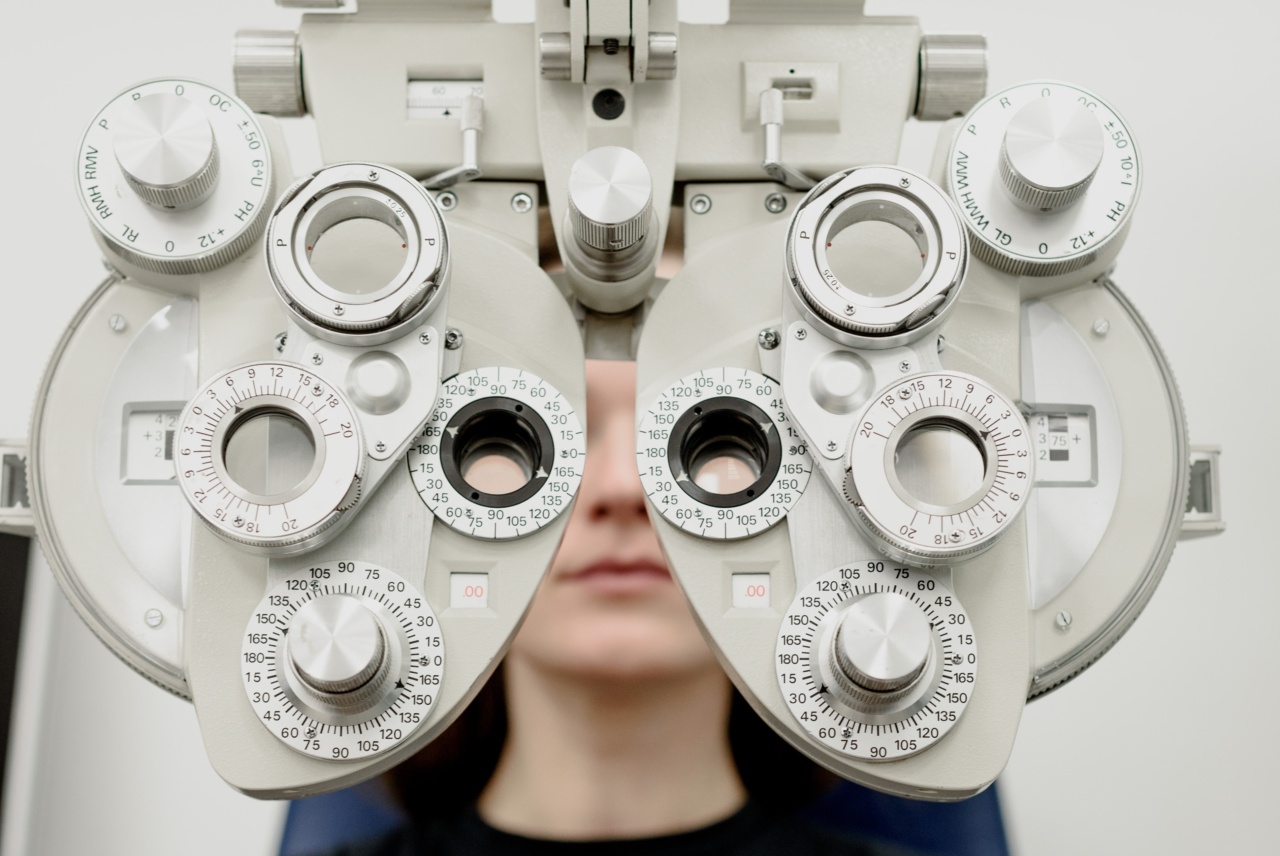Omega-3 fatty acids are essential dietary fats that our bodies need to function properly. They are called “essential fatty acids” because our bodies cannot produce them on their own, and therefore we must get them from the foods we eat.
Omega-3s are found in fish, such as salmon and tuna, as well as in certain plants, such as flaxseed and chia seeds. Omega-3s have been found to have many health benefits, particularly when it comes to eye health. In this article, we will explore how omega-3 fats can help improve your vision.
What Are Omega-3 Fats?
Omega-3 fats are a type of polyunsaturated fat that are good for your health. They are found in high amounts in fatty fish, such as salmon, mackerel, and sardines. Omega-3s are also found in plant-based sources, such as flaxseed and chia seeds.
The two most important types of omega-3 fatty acids are EPA (eicosapentaenoic acid) and DHA (docosahexaenoic acid). These are the types of omega-3s that have been linked to eye health.
How Do Omega-3s Help with Vision?
Omega-3s have been found to have several mechanisms that can improve vision. They can help to prevent macular degeneration, which is a leading cause of blindness in older adults.
Omega-3s can also help to reduce dry eye syndrome, which is a condition where the eyes do not produce enough tears to keep them lubricated. Additionally, omega-3s can help to reduce inflammation in the eyes, which can lead to eye diseases.
Preventing Macular Degeneration
Macular degeneration is a condition that affects the macula, which is the central part of the retina that is responsible for sharp vision. As we age, the macula can begin to deteriorate, leading to blurry vision, blind spots, and even blindness.
Omega-3s have been found to help prevent macular degeneration by reducing inflammation and improving blood flow to the eyes. They can also help to protect the photoreceptor cells in the retina, which are responsible for sensing light and transmitting signals to the brain.
Reducing Dry Eye Syndrome
Dry eye syndrome is a condition where the eyes do not produce enough tears to keep them lubricated. This can lead to redness, itching, burning, and sensitivity to light.
Omega-3s have been found to help reduce the symptoms of dry eye syndrome by increasing tear production and reducing inflammation in the eyes. One study found that taking omega-3 supplements for three months significantly reduced symptoms of dry eye syndrome in post-menopausal women.
Reducing Inflammation in the Eyes
Inflammation in the eyes can lead to a number of eye diseases, including macular degeneration, diabetic retinopathy, and glaucoma. Omega-3s have been found to have anti-inflammatory properties that can help reduce inflammation in the eyes.
One study found that taking omega-3 supplements reduced the risk of developing advanced age-related macular degeneration by 12%. Another study found that omega-3s can help to reduce the risk of diabetic retinopathy, a condition that can lead to blindness in people with diabetes.
How to Get Enough Omega-3s
In order to get enough omega-3s to benefit your vision, it is important to eat a diet that is rich in fatty fish, such as salmon, mackerel, and sardines.
If you do not eat fish, you can also get omega-3s from plant-based sources, such as flaxseed, chia seeds, and walnuts. Another option is to take an omega-3 supplement. Look for supplements that contain both EPA and DHA, as these are the types of omega-3s that have been linked to eye health.
Conclusion
Omega-3 fats are essential dietary fats that our bodies need to function properly. They have been found to have numerous health benefits, particularly when it comes to eye health.
Omega-3s can help to prevent macular degeneration, reduce dry eye syndrome, and reduce inflammation in the eyes. By eating a diet rich in fatty fish, or taking an omega-3 supplement, you can help improve your vision and maintain eye health.




























